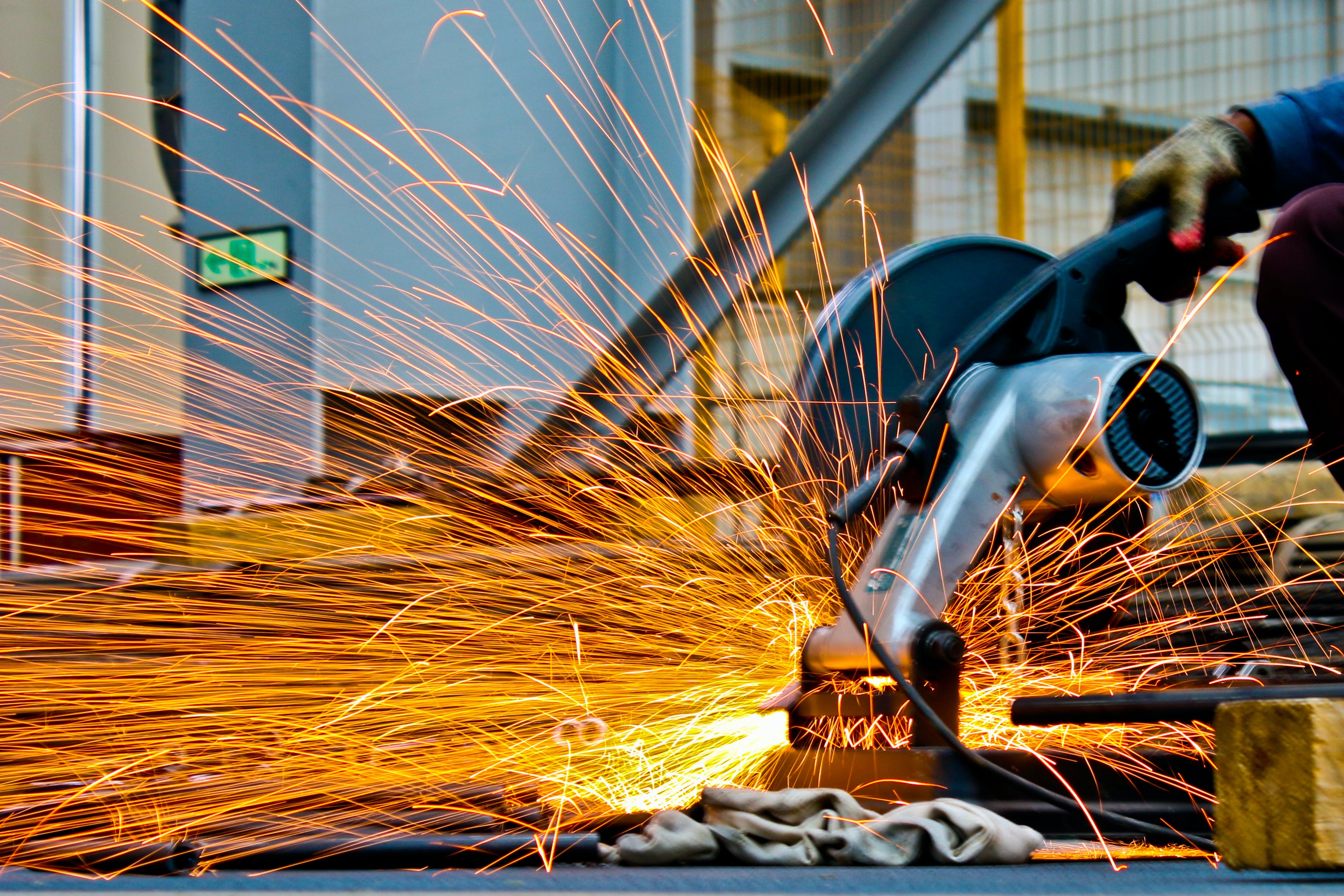Polyvinyl Alcohol (PVOH) is a versatile polymer known for its exceptional adhesive properties, making it a valuable ingredient in various industries. In this blog post, we will explore the manufacturing process of Polyvinyl Alcohol 1799 and highlight some important variations like PVA 100-27, PVA 1799, KURARAY POVAL, Sinopec PVA, Poval 117, PVA 117, Celvol 325, CCP BF 17, and GOHSENOL NH-18. So, let’s dive in and discover the wonders of PVOH!
Understanding Polyvinyl Alcohol 1799 and Its Applications
Polyvinyl Alcohol 1799, a specific variety of PVOH, is widely acknowledged for its outstanding film-forming ability, adhesion, and barrier properties. Featuring excellent chemical resistance and low toxicity, it is commonly used in a range of industries including:
Paper and Packaging: Due to its film-forming characteristics and water solubility, Polyvinyl Alcohol 1799 serves as an essential binding agent for paper coatings, textile stiffening, and packaging films.
Adhesives and Binders: PVOH’s adhesive properties make it valuable in manufacturing wood glues, vinyl substrates, and wallboard adhesives. Moreover, it acts as a binder in the production of coatings, ceramics, and composites.
Textile and Construction: PVOH serves as a warp sizing agent, emulsifier, and dispersant in textile processing, enhancing the strength and durability of fabrics. Additionally, it aids in cement modification and as a protective coating for construction materials.
Personal Care and Hygiene: Cosmetics, detergents, and personal care products utilize PVOH for its emulsifying and thickening properties. It enables enhanced product stability and improved texture.
Notable Varieties and Their Distinct Features
Polyvinyl Alcohol extends beyond its 1799 variant, with various other PVOH types offering specific characteristics catered to different applications. Here are some notable variations:
PVA 100-27: This type of PVOH offers excellent film-forming ability and tensile strength, making it ideal for applications in paper coatings, adhesives, and textile processing.
KURARAY POVAL: Renowned for its exceptional solubility, KURARAY POVAL is widely used in the textile industry, ensuring excellent adhesion and yarn lubrication during warp sizing.
Sinopec PVA: Offering outstanding viscosity and adhesive properties, Sinopec PVA finds applications in coatings, adhesives, and sealants, effectively enhancing product performance and durability.
Poval 117: With superior tensile strength and excellent film-forming characteristics, Poval 117 is commonly employed in the production of cement modifiers, coatings, and paper manufacturing.
GOHSENOL NH-18: This PVOH variant boasts exceptional water solubility, making it highly suitable for applications such as film coatings, adhesives, and detergent manufacturing.
Manufacturing Process and Quality Assurance
The production of Polyvinyl Alcohol involves several steps, starting with the hydrolysis of polyvinyl acetate. The resulting polyvinyl alcohol is then purified and processed into various types of PVOH. Manufacturers like CCP BF 17 ensure strict adherence to quality control measures, guaranteeing consistent and reliable PVOH products.
Final Thoughts
Polyvinyl Alcohol 1799 and its different variations serve as valuable components in numerous industries. From adhesives and binders to textiles and personal care products, PVOH offers remarkable properties that enhance the performance and durability of the end products. Manufacturers like Celvol 325 play a significant role in producing high-quality PVOH to meet diverse industry needs. So whether you’re involved in papermaking, construction, or personal care, PVOH can be your go-to solution for superior results.
